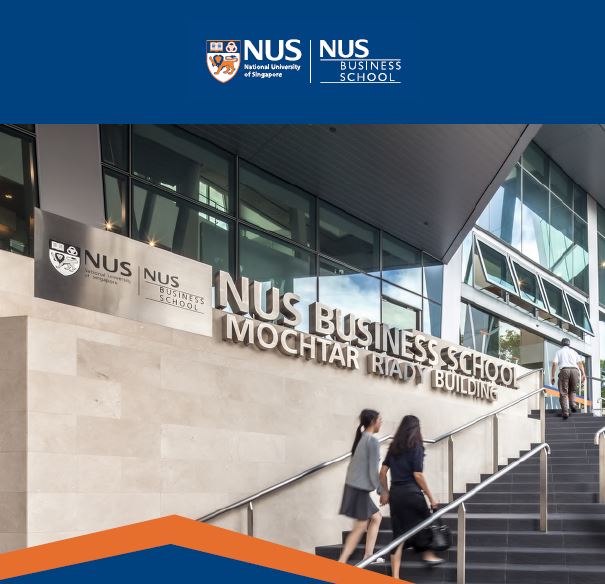NUS AMP 4 – Strategy in Digital Age – Talent & Technology

Thinking strategically is essential for maintaining a competitive advantage. According to a Harvard Business School (HBS) research paper, a business model is defined as a collection of decisions enforced by a firm’s authority on its employees. It consists of two aspects: the internal constitution of the firm and the firm’s external alignment. These aspects are shaped by the varying degrees of authority that a firm exercise over its employees compared to other market actors. This course offers an overview of the business environment, with a focus on strategy and business models.
Course Learning Objectives:
- Learn the concepts of business strategy and business models in detail and understand their frameworks and implementation.
- Understand the importance of factoring a digital mindset in the workplace.
- Learn the concepts of Diversity and Inclusion and the strategies and steps required to infuse this in an organization.
Faculty

Prof Andrew Delios
Vice Dean MSc Programs | Professor, Strategy and Policy Department, NUS Business School
Andrew is an author or co-author of more than 100 published journal articles, case studies and book chapters, as well as an author of six books, including `China 88: The Real China and How to Deal with It. He served as an Associate Editor and General Editor of the UK-based Journal of Management Studies for seven years. He has also been the editor-in-chief for the Asia Pacific Journal of Management and an area editor at the Canadian Journal of Administrative Sciences. From 2011-2013, Andrew served as the President of the Asia Academy of Management. He is currently Vice-President Programs, while he also serves a three-year appointment on the AIB Board. AIB is the leading academic body for scholars of International Business.
Andrew has worked and lived in Asia for 25 years, including three years in Hong Kong and two in Japan. He has also worked in Australia, Canada, China, Finland, India, New Zealand, the Philippines, Sweden, Thailand, the United States and Vietnam. At NUS, he has taught in numerous programs, including the PhD and Executive MBA programs in Singapore, Thailand, India and the Philippines. He was an owner and director in Belgarath Investments Limited, a Singapore-based company that was engaged in international franchising with such brands as Chili’s, Subway and Sarpino’s Pizza.
Syllabus
Learning Objectives:
- Understand the importance of factoring a digital mindset in the workplace and role of HR in implementing a people strategy in the digital age.
Module Components:
Video Lectures:
- Strategy in the Digital Organization – 1
- Strategy in the Digital Organization – 2
- Strategy in the Digital Organization – 3
- Strategy in the Digital Organization – 4
- Strategy in the Digital Organization – 5
- Strategy in the Digital Organization – 6
- Strategy in the Digital Organization – 7
- Strategy in the Digital Organization – 8
- Digital Workplace Evolution and Challenges
- Factoring Mindset Into the Digital Talent Strategy
- Steps to Reskill Workforce for the Future
- Digital Growth in SE Asia
- Walmart’s Digital Strategy
- A Digital Strategy Framework
Readings:
- The Changing Role of People Management in the Digital Age
- Building the On-Demand Workforce
- Skills Needed for the Digital Future of Work
- What Digital Really Means
- The Best Response to Digital Disruption
- Case Study: Satya Nadella at Microsoft – Instilling a Growth Mindset
Quiz:
- Strategy in the Digital Organization – Talent and Technology
